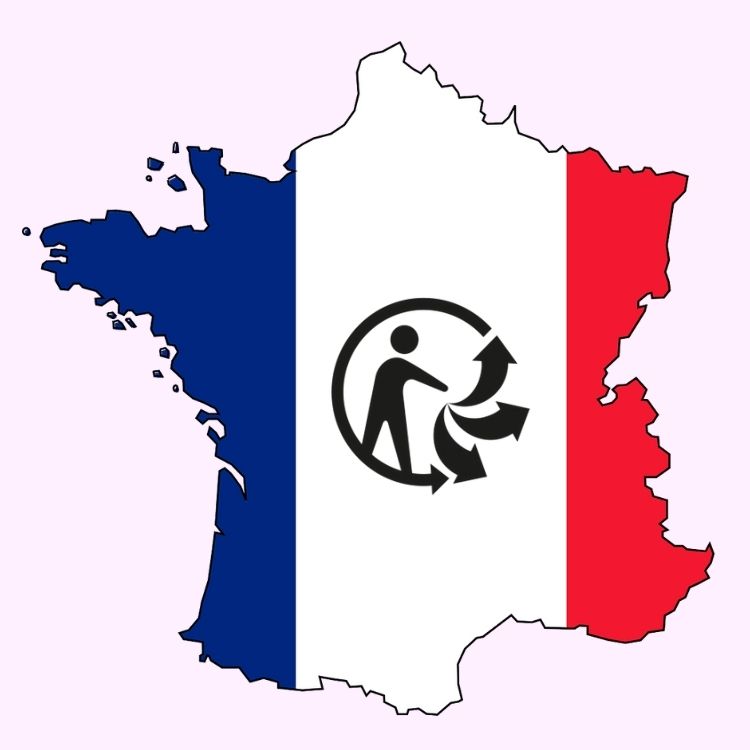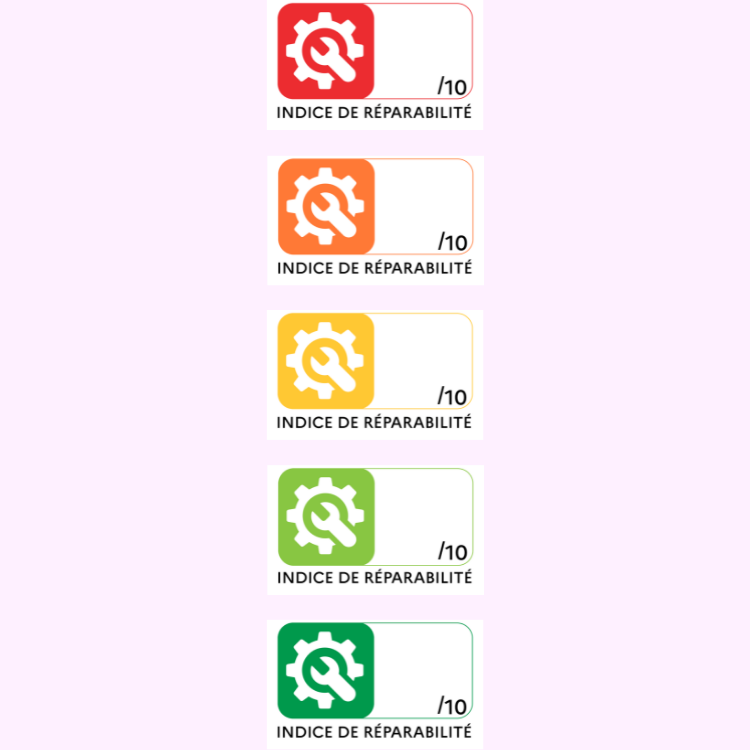Table of Contents
Prevention and ecodesign plan
According to the Environmental Code (“AGEC” law), all distributors operating in France (including foreign direct sellers) are required to develop and implement a prevention and eco-design plan. The aim of this plan is to reduce the use of non-renewable resources, increase the use of recycled materials and improve the recyclability of their products in French treatment plants.
This prevention and eco-design plan can be drawn up individually or in cooperation with the responsible take-back system.
The individual plans are submitted to the committee representing the sector’s stakeholders. After thorough examination and anonymization, these plans are published by the take-back system in a publicly accessible summary.
Important points on the prevention and ecodesign plan:
- The plan should include targets and guidelines on prevention and eco-design, including measures and targets to reduce the consumption of non-renewable resources, increase the use of recycled materials and improve the recyclability of new products.
- The plan must be revised every 3 years, but at the latest every 5 years, and must include an assessment of the effectiveness and target achievement of the previous plan.
- The confidentiality of all data in the prevention and ecodesign plan is guaranteed. The plans are anonymized by the system before publication. No company-specific data is disclosed.
- The plan should preferably be drawn up using the templates provided by the take-back systems.
Which products are affected?
All EPR product groups are affected – including packaging, electrical appliances, batteries, thermal appliances, graphic papers, textiles, furniture, chemicals, oils and all others.
Who is affected?
This obligation concerns “any producer referred to in Article L. 541-10-1” of the Environmental Code. By “producer” is meant any “marketer”, i.e. manufacturer, wholesaler, importer or online retailer, without exception with regard to the type of producer or the size of the company.
Do you need help with implementation?
The French take-back systems provide all distributors with detailed instructions.
Of course, we at CERTIFY can also help you with implementation and creation! Please feel free to contact us.
Contact us now!
Do you need help with implementation or do you have questions about the prevention and ecodesign plan?
Graphic papers
The obligation to register printed products in France has existed since 2006 in accordance with Article L541-10-1 of the French Environmental Code.
Who needs to be registered?
Any distributor (including foreign direct sellers) who distributes printed products – including free of charge – to end users or has them distributed. Any distributor of printed products that are to be printed by or on behalf of the end user.
End users can be both natural persons and legal entities.
What types of graphic paper must be reported?
All printed products such as:
- Advertising brochures
- Unprinted copy paper
- Envelopes and sleeves
- with a basis weight of up to or equal to 224 g/m²
Not included in the scope of application:
- Documents resulting from a public contract or a legal obligation (tax documents, identity papers, press releases, etc.)
- Books
- Advertising inserts, provided that the advertising insert is stated in the table of contents of the publication
- Labels, tags and packaging material made of paper/cardboard
- Banknotes, checks and stamps
- Tickets for events and leisure activities (travel, concerts, etc.)
- Instructions for use and user manuals for products
- Calendars, postcards, diaries, playing cards, stickers
Is there a minimum quantity?
No, but the take-back system will not issue an invoice for a declaration of less than 5 tons. The notification must still be made.
Is there an obligation to report retroactively?
Yes, there is a three-year retroactive reporting obligation.
How high are the costs?
For products placed on the market in 2022, the rate per tonne is €65. This rate may vary depending on the type of notification (simplified or detailed notification) and the year.
Not only in France!
The obligation to register graphic papers such as advertising catalogs, flyers and other printed products exists not only in France, but also in Hungary and Slovakia.
Contact us now!
Do you need help with implementation or do you have questions about the prevention and ecodesign plan?
Duty to provide information on the environmental properties of products
From January 1, 2025, a new de minimis limit will apply in France for the obligation to provide information on the environmental characteristics of products.
According to Article 13 of the French law “Loi AGEC”, manufacturers and importers of waste-generating products must provide comprehensive information on their environmental properties and characteristics.
Who is affected?
The new regulations now apply in accordance with Decree No. 2022-748 for:
- Companies with a turnover of more than 10 million euros that sell more than 10,000 units of affected products in France each year.
- The turnover limit of 20 million euros no longer applies.
- Affected products are exclusively new products for private consumers that fall under the EPR regulations (extended producer responsibility), e.g: Packaging, Graphic paper, Electrical equipment, Batteries, Chemicals, Building materials, Garden products, Furniture, Textiles, Sports and leisure equipment, Toys (and others). The threshold in terms of turnover and units applies cumulatively to all affected products of the affected product groups. Used products or B2B products are excluded.
What do companies need to provide?
The “QCE” information (“Qualités et Caractéristiques Environnementales”) includes, among other things:
- Use of recycled material.
- Information on recyclability, reparability, compostability and sustainability.
- Presence of hazardous substances, precious metals or rare earths.
- Traceability and references to synthetic microfibers.
The information must be provided in digital form, for example via a product data sheet. Companies can also voluntarily add this information on physical media such as labels or posters.
Examples of the new information obligations
- Recycled material: Information such as “Product contains at least [%] recycled material” must appear in the product description.
- Recyclability: Products must be labeled as “largely recyclable” if specified criteria are met.
- Dangerous substances: If a dangerous substance is contained, the note “contains a dangerous substance” is required.
Sanctions for violations
Companies that do not comply with the new requirements risk high penalties:
- Fines: Up to 15,000 euros for legal entities.
- Penalties of up to 1.5 million euros can be imposed for deception about environmental impacts, including possible prison sentences for individuals.
Contact us now!
Do you need help with implementation or do you have questions about the prevention and ecodesign plan?




